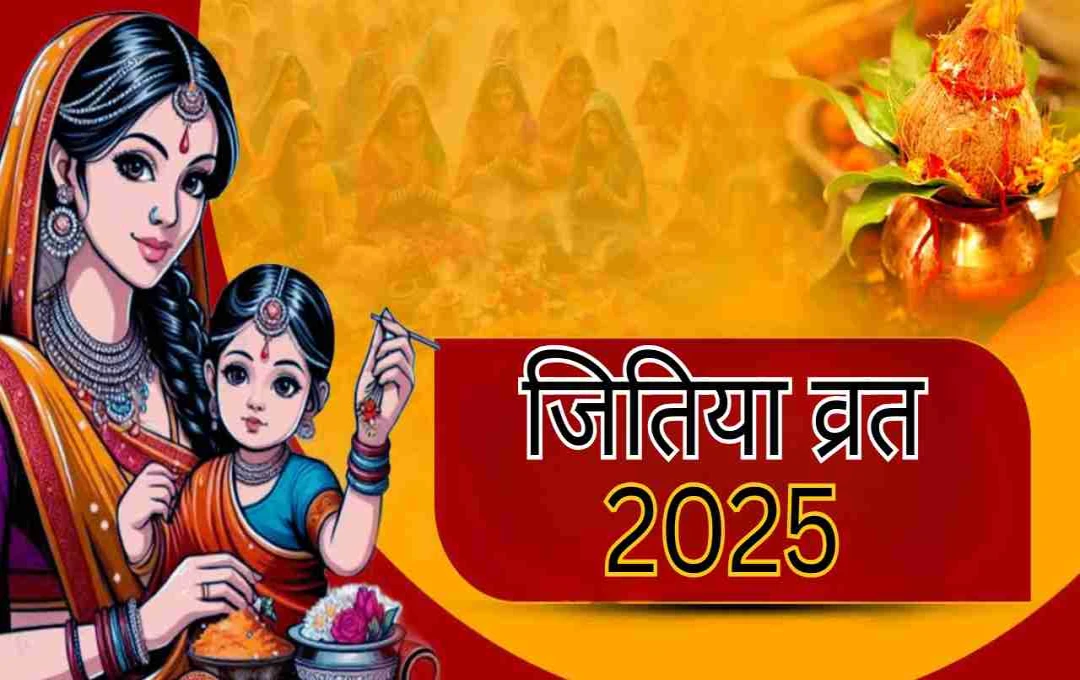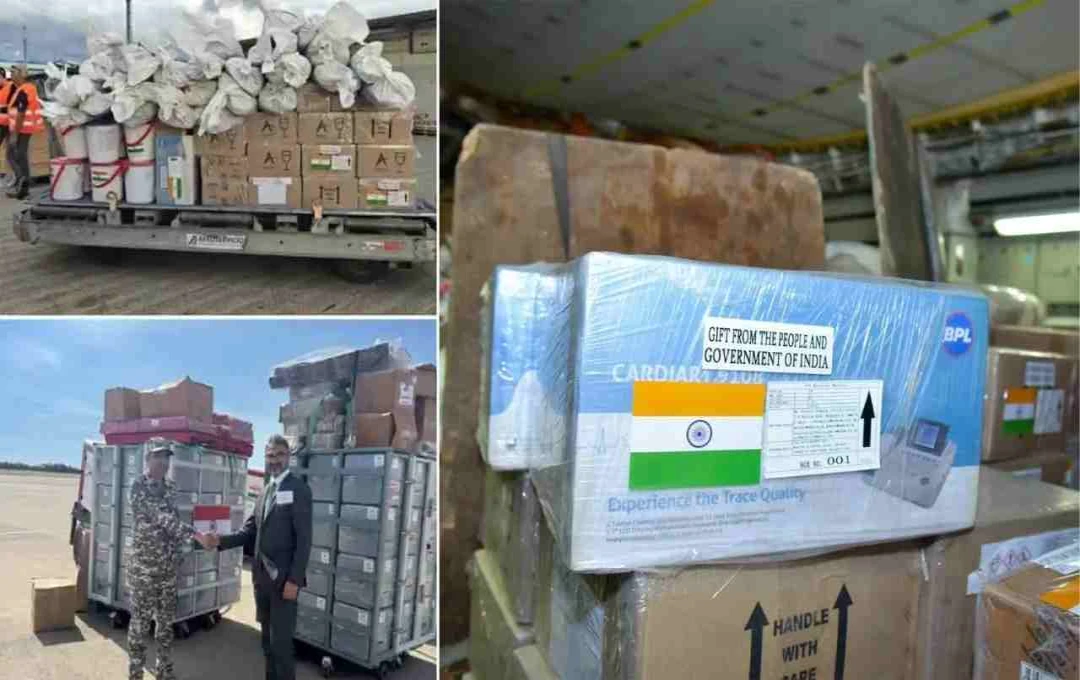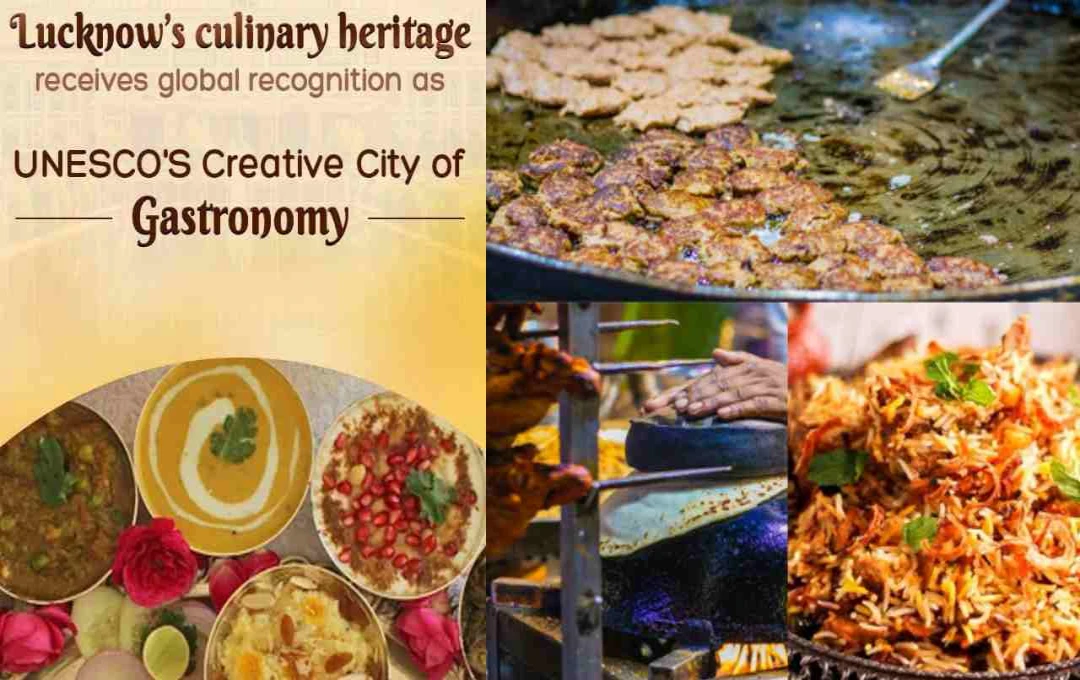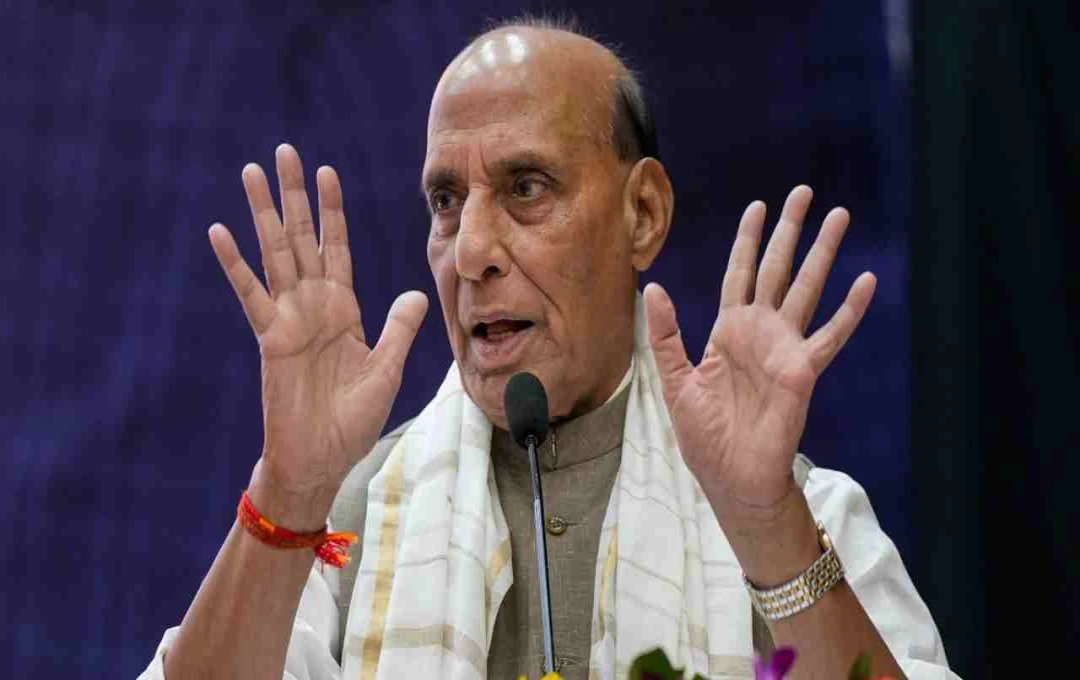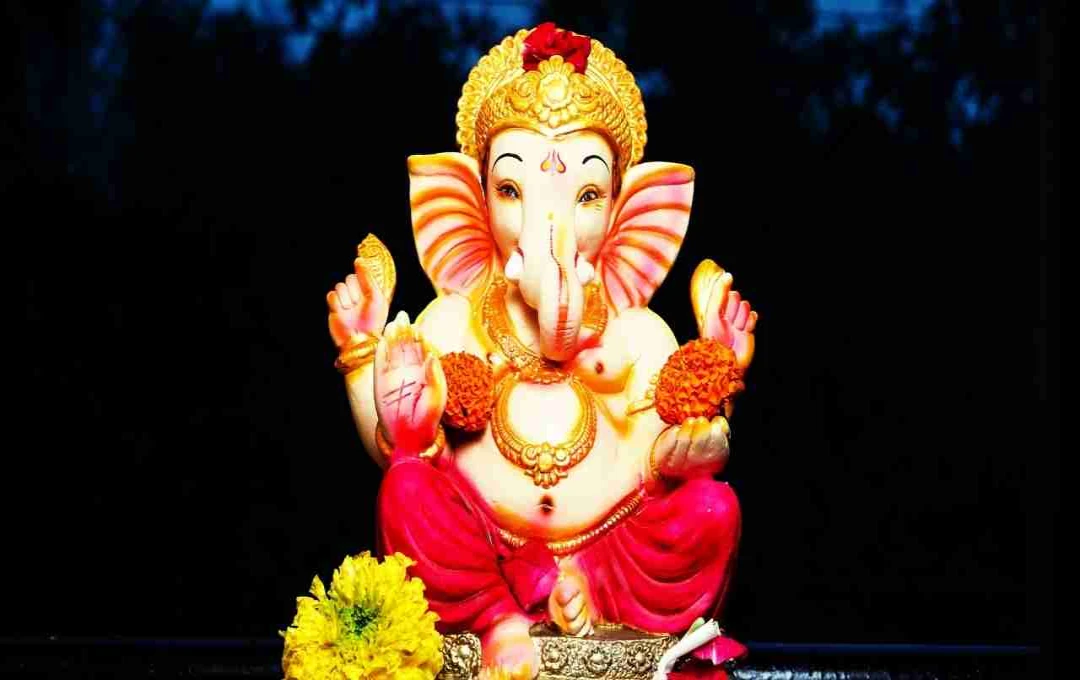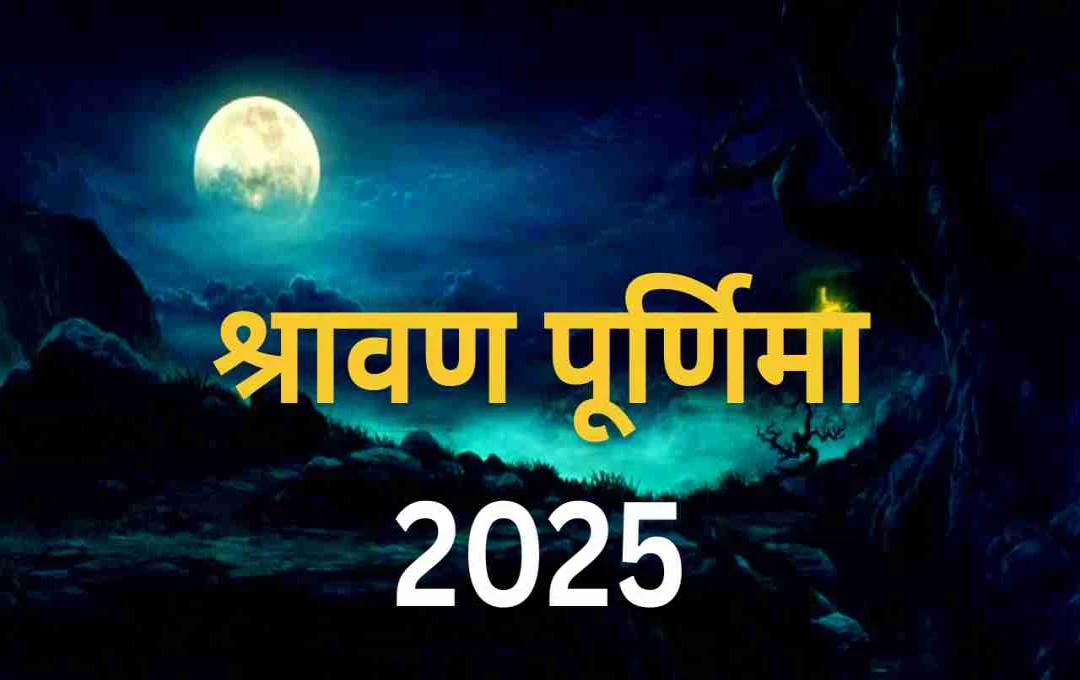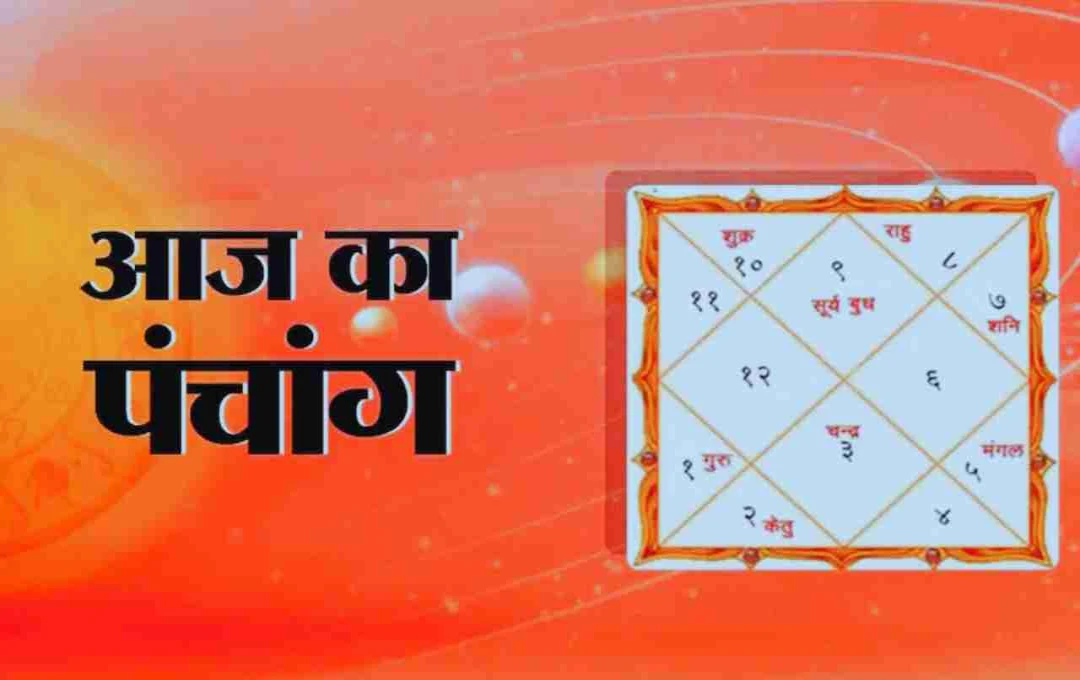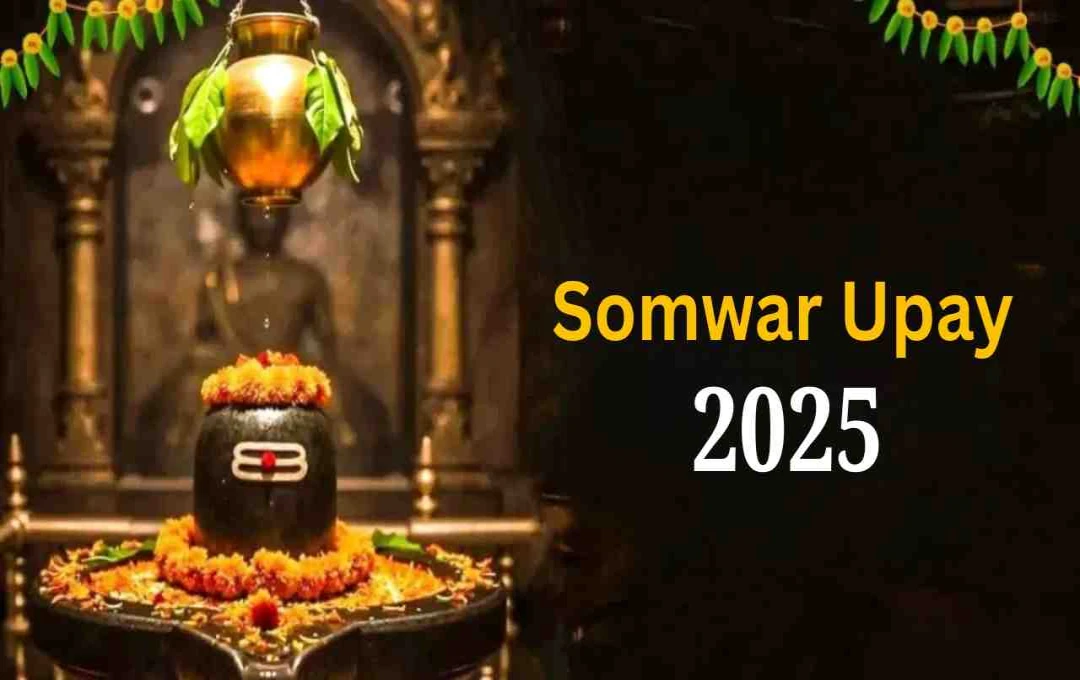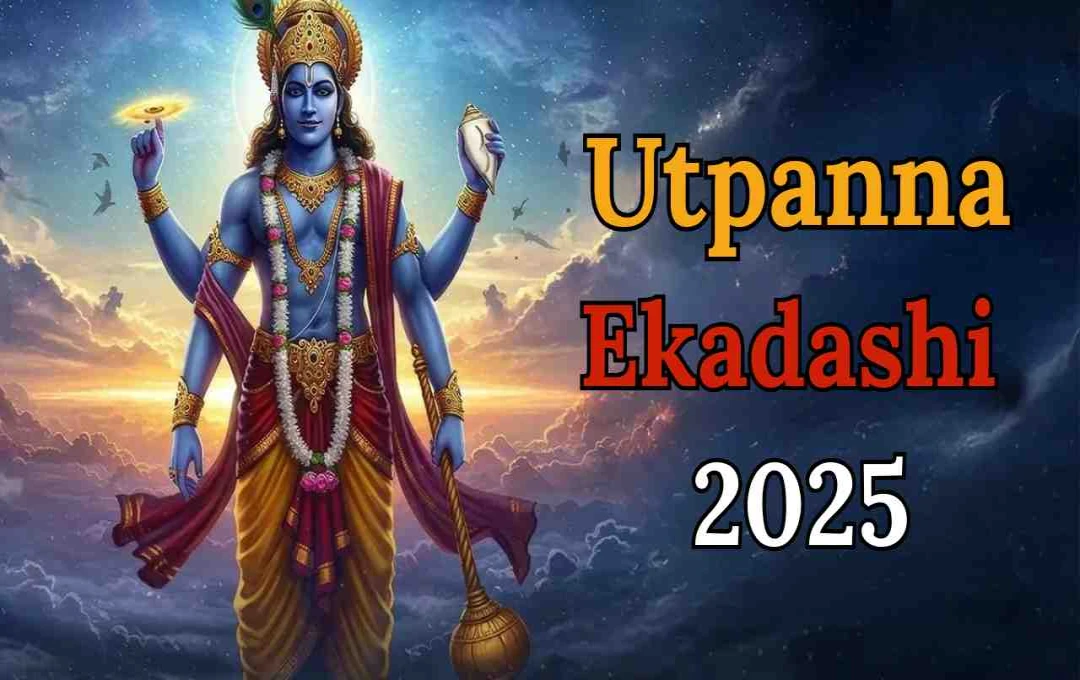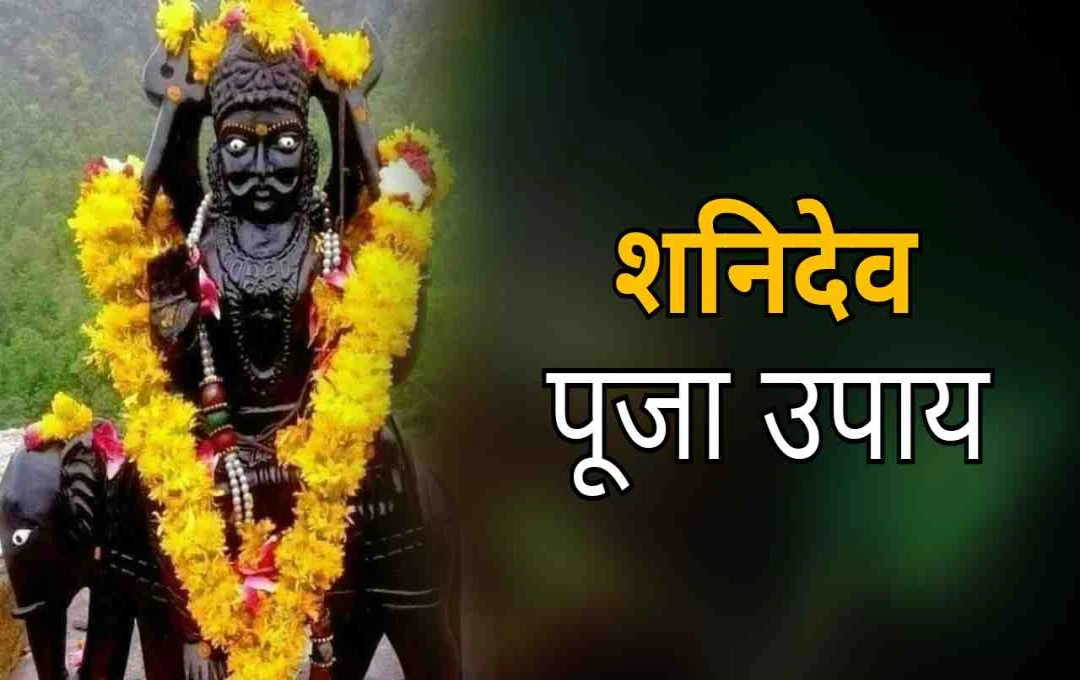In Hinduism, fasts and festivals hold special significance. Among these, some fasts are directly related to motherhood and the protection of children. Jitiya Vrat, also known as Jivitputrika Vrat, is one such special fast. This fast is primarily observed by mothers who wish for the long life, peace, and good health of their children. It is mainly celebrated with faith and devotion in Bihar, Jharkhand, and eastern Uttar Pradesh in North India.
When is Jitiya Vrat in 2025?
In 2025, Jitiya Vrat will be observed on Sunday, September 14th. This fast is observed every year on the Ashtami Tithi of the Krishna Paksha in the Ashwin month. The fast begins with Nahay-Khay, followed by a Nirjala Vrat (fast without water) the next day, and the fast is concluded with Paran on the third day.
- Nahay-Khay: Saturday, September 13, 2025
- Day of the Fast (Nirjala Upvas): Sunday, September 14, 2025
- Time for Paran (breaking the fast): Monday, September 15, 2025, between 6:10 AM and 8:32 AM
- Ashtami Tithi Begins: September 14, 5:04 AM
- Ashtami Tithi Ends: September 15, 3:06 AM
Beliefs Associated with Jitiya Vrat
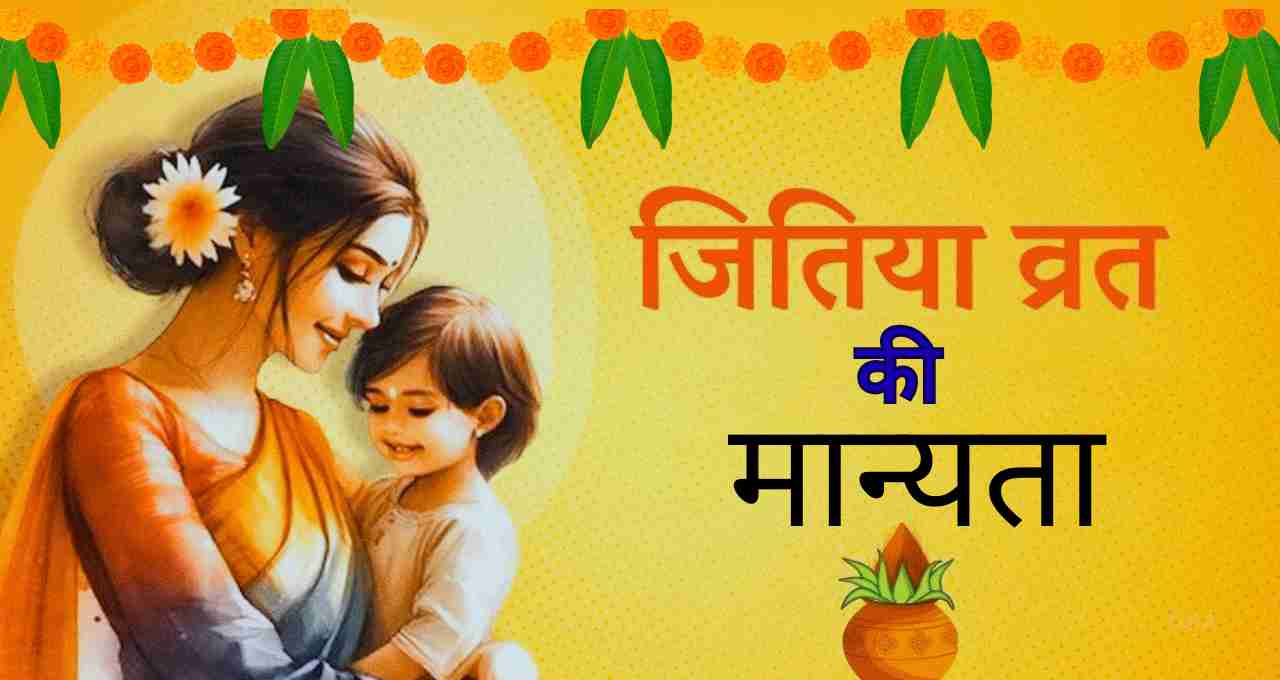
Mothers observe this fast for their children so that no calamity befalls them and they may live a long life. It is believed that a woman who observes this fast never has to endure the pain of losing a child. The deeper the faith associated with this fast, the more difficult it is to undertake. Many women fast on this day without consuming any water.
Traditions of Jitiya Vrat
The fast begins with Nahay-Khay. On this day, women who will fast take a bath and eat pure food. Specifically, Noni Saag (purslane) and Marua Roti (finger millet bread) are eaten. This is considered a sattvic (pure) and traditional meal. Only after this meal is the resolution for the Nirjala Vrat taken for the next day.
On the day of the fast, women bathe before sunrise and fast throughout the day without drinking water. During the puja (worship), Lord Jimutavahana is worshipped, and the stories of the eagle and the jackal are listened to. This fast is not broken even after seeing the moon at night, but rather the Paran is done the next day after the Ashtami Tithi ends.
Story and Worship of Jimutavahana
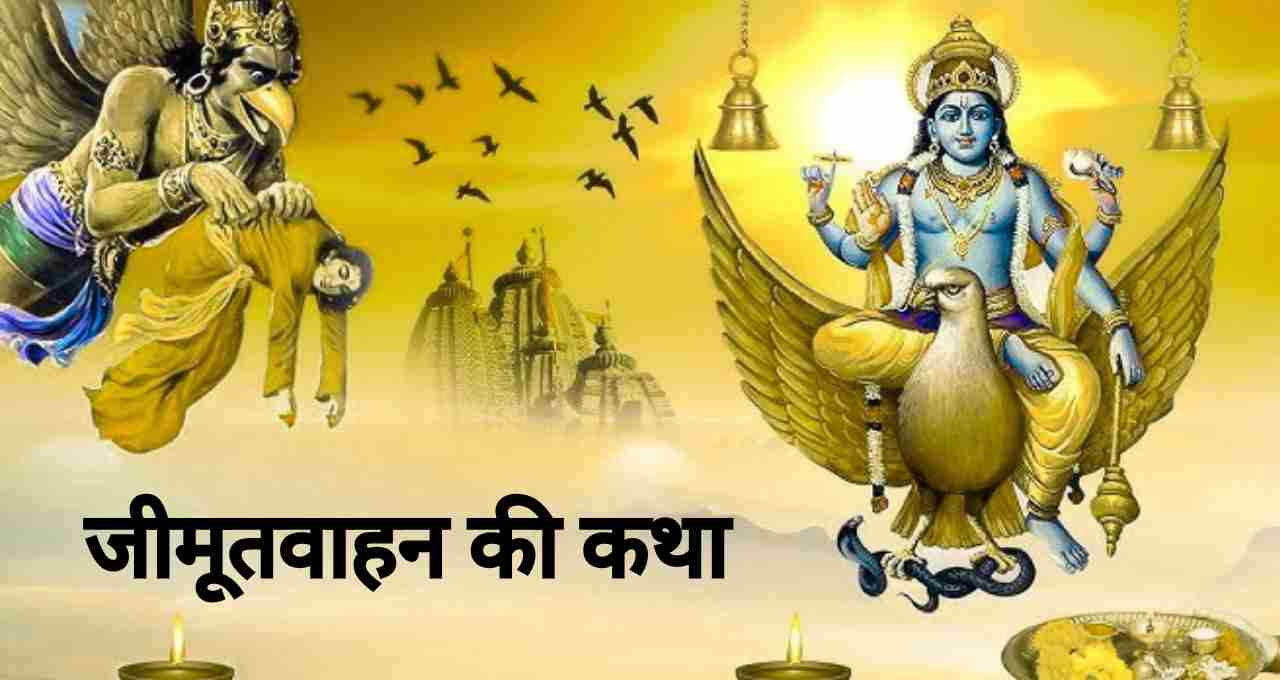
The worship and story of Jimutavahana hold special significance in the Jivitputrika Vrat. According to beliefs, Jimutavahana was a prince who sacrificed his life to protect the Naga (snake) race. He sacrificed himself to save the Nagas from Garuda. Due to this spirit of sacrifice, he is worshipped as a deity.
On the day of the fast, women create an idol of Jimutavahana or establish him in the form of a picture. During the puja, he is offered red cloth, flowers, fruits, lamps, rice, roli (vermilion), etc. Along with this, listening to the stories of the eagle and the jackal is also essential. The stories of these two creatures are associated with sacrifice, affection, and the symbol of feminine power.
Social Sentiment Associated with Jitiya Vrat
This fast reflects not only religious faith but also a social sentiment. It shows that a mother can go to any extent for her child. Fasting all day without drinking water and quietly following all the rules requires not only physical but also great mental strength. It demonstrates the spirit of sacrifice, love, and dedication.
The atmosphere in the villages on this day is quite different. Women get involved in the preparations from the morning itself. Collective worship is performed, and groups are formed in homes to listen to the stories. Women make this day even more special by singing songs.
Some Special Things Related to Jivitputrika Vrat
- This fast is only observed by women.
- It is observed as a Nirjala Upvas (fast without water).
- The story of Jimutavahana and the worship of the eagle and the jackal are considered mandatory.
- Mustard oil is offered in the puja and later used to bless the children.
- Noni Saag, Marua Roti, and Satputia vegetable hold special importance.
Jitiya Vrat is a festival in which the glimpse of a mother's affection, faith, and power can be clearly seen. This fast is a wonderful example of the depth of motherhood and selfless love for children.
